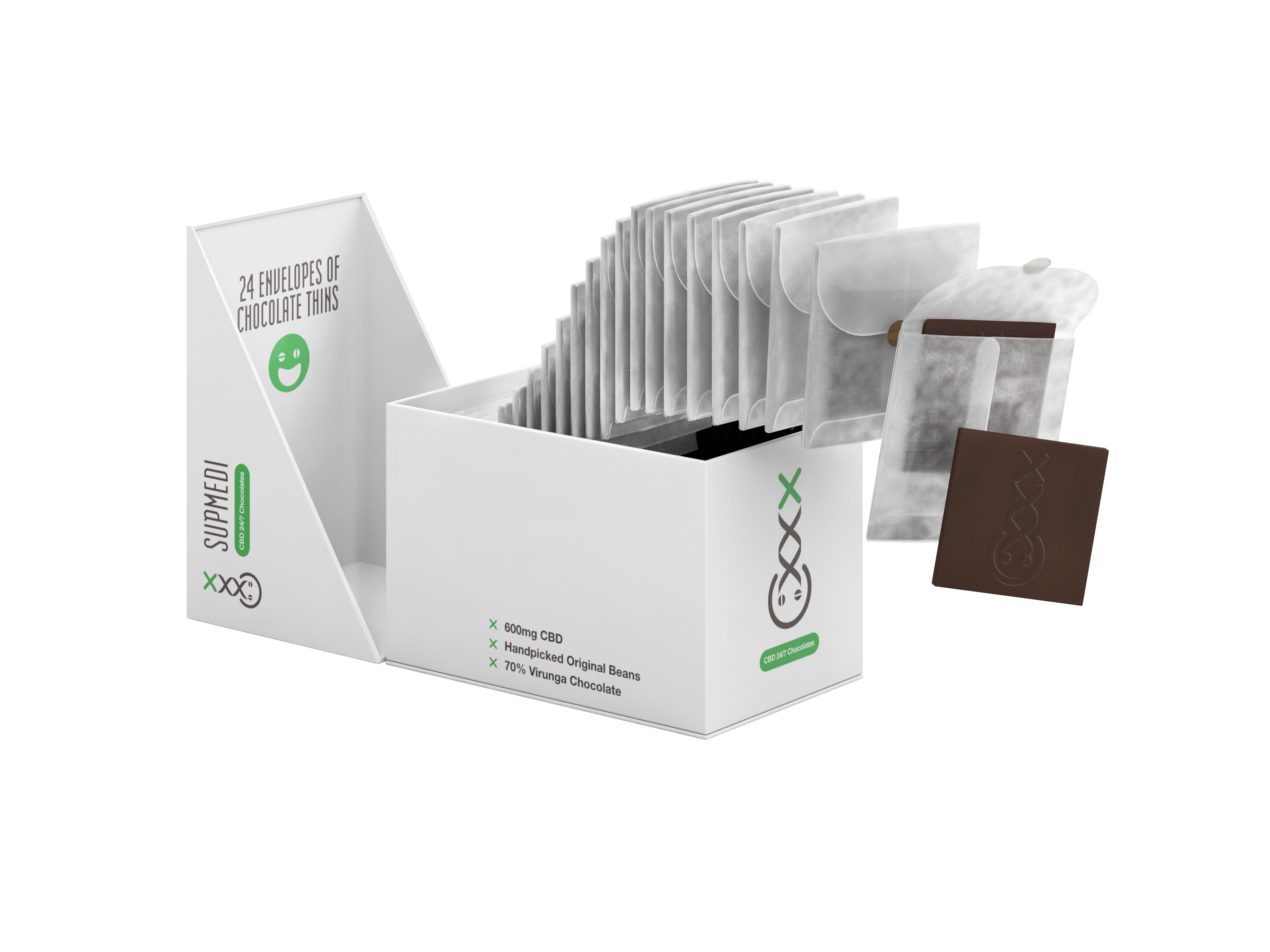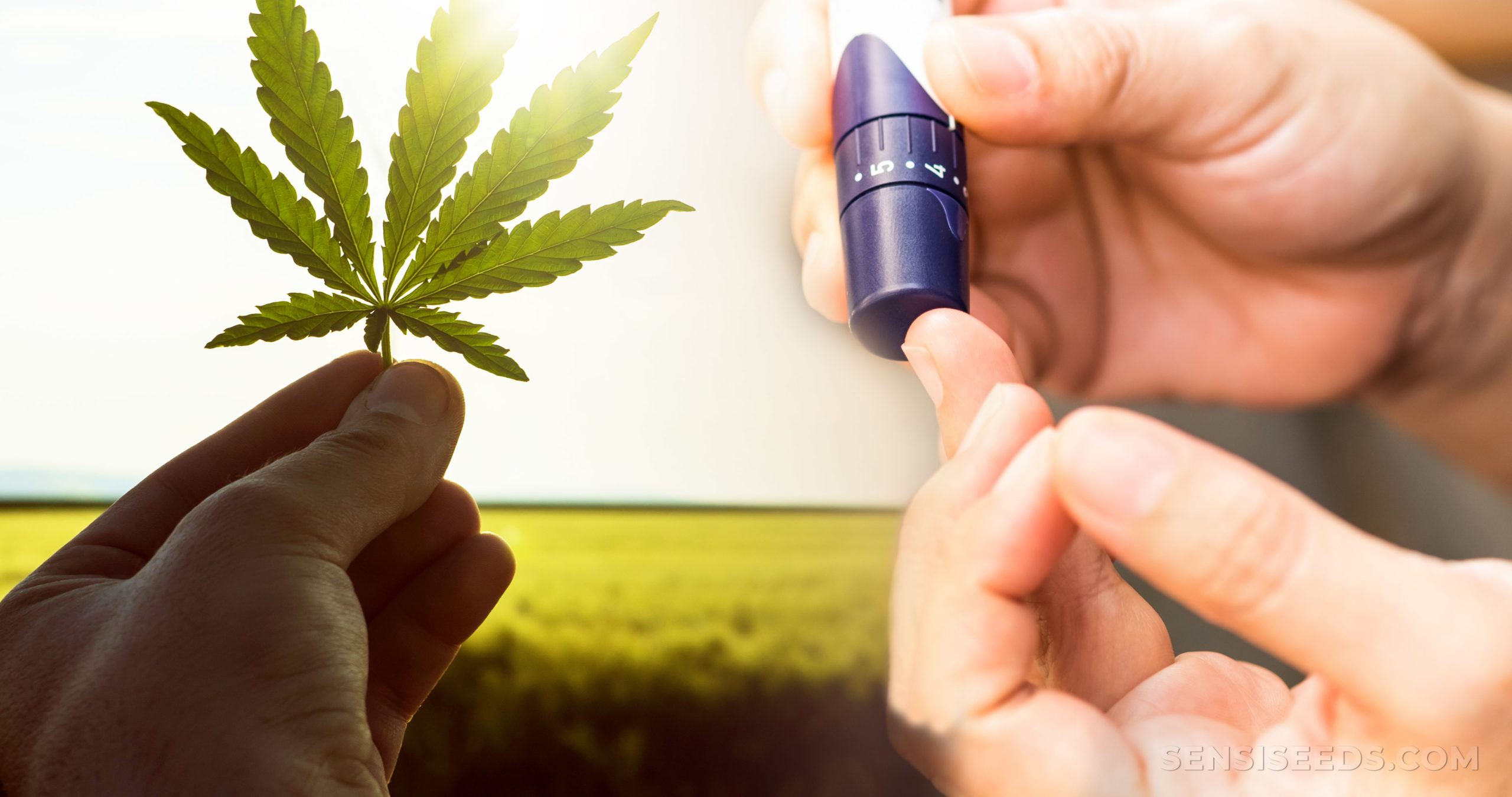
CBD oil can be found in many different forms. There are many options: capsules, sprays, and gummies. Each type has a unique way of working. Sprays and gummies can be convenient and simple to use. Tinctures, however, can be more complicated. Oils come in 30-milliliter bottles with a dropper lid. Some oils have a 30 mL concentration of 1,500 mg, while others may contain as much as 3,000 mg/milliliter. This makes it difficult to figure out how much CBD you need to take.
Cbd oil is often mislabeled
The CBD industry is facing criticism for misleadingly naming its products. There have been several mislabeling lawsuits that have been settled. Settlements can reach up to $200 per victim. Michael Fuller brought one of these lawsuits against Curaleaf (a company that makes CBD oil). Curaleaf didn't comment on this lawsuit, but they have since apologized for mislabeling the product and taken steps in order to prevent it from ever happening again.
The danger of mislabeling CBD oil products can be a problem and pose a grave health risk. The Associated Press recently featured a case of a man who ended up in a coma after inhaling CBD-laced vape. He had inhaled CBD vapes laced with additional chemicals and drugs.
The United States is increasingly concerned about the mislabeling and misuse of CBD oil. A University of Kentucky College of Medicine study found that more than half of CBD oils tested were mislabeled. Specifically, the labels did not list the amount of CBD found in the oil. Many CBD products were also contaminated with chemicals other THC.
There are several ways you can avoid being deceived by CBD oil mislabeled. First, look for batch-specific certificates of analysis from third-party laboratories. Also, make sure to choose reputable brands. As evidence of their high quality, these companies will need to have a site or active social media profiles.
Mislabeling CBD oil is a serious concern because it exposes children to small amounts of THC, the psychoactive component found in marijuana. Children who take these products could suffer from serious side-effects. Children can also develop cognitive impairments from chronic THC consumption. This could lead to them needing hospitalization. Additionally, CBD oil that has been mislabeled could contain contaminants that can pose a risk to the health and well-being of children.
Ingredients in cbd oil
If you want to find the best CBD oil for you, it is essential that you know its contents. CBD oil is an extract from the hemp plant. It can give you a feeling of euphoria and relaxation. It can be used to treat chronic pain and other inflammatory conditions. It's best to take it once a day to get the best results.
CBD oil comes in topical forms that are applied to the skin. They may also contain moisturizers or aloe. They can also be infused with vitamins and minerals. They are also known for their anti-inflammatory and antioxidant qualities, which makes them a great option to ease pain.

CBD oil is a mixture of cannabinoids, terpenes, and cannabinoids. The most potent version of the oil is the latter. This oil is 100 percent bioavailable, which means that the active CBD components can be absorbed into the body. The CBD is not available in the body if CBD oil is consumed through other means.
Full-spectrum oils contain most cannabinoids. THC is also present in trace amounts, which can enhance the effects of cannabidiol. Full-spectrum products also contain other nutrients, such as fiber, protein, and fatty acids. They also contain flavonoids and terpenoids.
The oil type is also important to be aware of when buying CBD oil. Some CBD creams contain ingredients that may not be beneficial to your health. Some CBD products derived from hemp may contain polyethylene glycol. This same substance is used in car radiators. It is FDA approved, but it has been found to cause irritation of the lungs. You can avoid this by choosing hemp extracts.
Another important thing to consider is the dosage. You should choose the dosage according to your symptoms and health. You may find that some CBD products are best for your particular condition. Talk to a qualified doctor about your symptoms. You must also ensure that the product you choose is produced by a reputable company.
CBD is also known to regulate metabolism. This will give you more energy during the day. CBD oil can be used to lose weight. Others claim that CBD oil can cause an increase in appetite. This is a side effect that can be detrimental to weight loss.
Safety of cbd oil for pre-existing conditions
CBD oil has been shown to be effective in reducing symptoms of pre-existing medical conditions. CBD oil can be helpful for those with high blood pressure. Participants who took CBD oil had lower blood sugar levels than those who took a placebo. CBD also reduced blood pressure during stress tests.
The safety of CBD oil for pre-existing conditions is still unknown. The increasing interest shown by patients in this form therapy shows that more research is necessary. The FDA has not approved hemp oils. Therefore, it is crucial to select the right product for its safety and effectiveness.
CBD oil is legal in many states for medical purposes, but some CBD oil companies don't meet the quality standards. This can lead to negative results on drug tests or legal ramifications for the patient. It is important that you inform your health care provider about any CBD oil products. You can inform your doctor about any CBD oil you are using so they can check that it doesn't interfere with your existing treatment.
Although there is much controversy around CBD oil, some studies show that CBD oil has some therapeutic benefits for anxiety and other disorders. More research is needed to find out if CBD can help with symptoms and improve your quality of life. CBD may be safe for patients with anxiety and pre-existing conditions if it can reduce symptoms such as depression and anxiety.
CBD oil has many health benefits, but it is important to consult a doctor before you use it. So that your healthcare provider can decide the appropriate dosage for you, and your health. CBD is considered safe for most people. However you should still consult your doctor before you add it to any prescription drugs you may be using.
Side effects of cbd oils

While CBD oil is a popular treatment for anxiety and insomnia, there are some potential side effects. It can interact negatively with blood pressure medications and prescription drugs. It is crucial to talk with your doctor about potential interactions before using CBD oil. CBD oil can also aggravate Parkinson's disease. People who are already suffering from the condition should consult their doctor before they start to use it. CBD oil has been reported to cause nausea and vomiting in some people.
CBD oil is effective in relieving anxiety. However, it can also have many other health benefits. For instance, people who suffer from migraines may see a decrease in anxiety, while those who suffer from irritability may notice an increase in energy. A few studies even link CBD oil with lower blood pressure. These studies are not conclusive.
CBD oil can also cause dizziness. This side effect is usually caused by low blood pressure. CBD oil may cause dizziness, which is typically temporary and will go away after a few minutes. To help dizziness, people should lie down, take a break, and drink caffeine.
Some studies have shown that CBD oil may affect the development of the fetus' brain. Although there have been no studies conclusively supporting this, it's a good idea to check with your doctor before you start using CBD oil. CBD can be harmful to your baby, especially if you have certain medical conditions, take certain medications, or use other medications. CBD oil is not recommended to be used by pregnant women. Some women may be allergic to it, which is why you should check the label carefully.
CBD oil can have longer-lasting side effects than the short-term. Consult a physician if you are uncertain about CBD oil and other treatments for anxiety.
FAQ
What are the prospects for the CBD industry in the future?
The future is bright for the CBD industry. It's clear to see why so many people have jumped on this industry. This market is expanding exponentially with CBD products being purchased globally at a total of $1 billion.
Statista reports that in 2019, global sales of CBD (cannabidiol) are expected to exceed $22.4 Billion. That's an increase of almost 200% from 2018!
It is also expected that the CBD market will grow at a compound annual growth of 22.5%. That would translate to approximately $6.8 million in revenue by 2020.
This is great news both for those looking to enter the market as well as existing companies. We must remember that the CBD market still has a lot of work ahead.
Are CBD companies worth the investment?
This depends on your needs. These machines are great investments if your goal is to make money. But if you're looking for something to help people, then they are not the best investment.
How does the price of CBD vary across different states?
Prices for CBD products are dependent on where you live. The prices of CBD products can vary more than tenfold depending on where they are located.
Prices tend to increase as you move further north. In Alaska, CBD is $35 per gram on average, while it costs $200 in Hawaii.
This trend continues across the country. Prices can range from $5-$2,500 per gram.
Why is this happening to you?
Prices vary because of different levels of regulation. Some states require that CBD products have very low levels of THC (the psychoactive part of marijuana). Some states don't care how much THC is present.
This is why some companies decide to sell products in one country and then send them to another.
Where can you buy CBD products
You can purchase CBD online or at local retail stores. Online retailers tend to offer better deals. Many websites sell CBD products made with industrial hemp. The THC content is less than 0.3%.
If you prefer shopping locally, consider brick-and mortar businesses that are focused on CBD products.
Many states allow CBD products to legally be bought without prescription. CBD products can be purchased at your local pharmacy in some states if you are one of them.
CBD products could even be delivered to your home.
How can CBD products be promoted in a legal manner by CBD companies?
The FDA does not regulate hemp as an agricultural commodity. The FDA regulates cannabis derivatives (e.g. marijuana) under the Controlled Substances Act. CBD is not covered by any regulations.
CBD is legal at state level in 29 US states. Federal law considers it illegal. This uncertainty is a problem for CBD-product sellers.
The FDA also has guidelines for how CBD products should be advertised. They must disclose the THC content of any CBD products. Companies cannot claim that CBD helps treat certain medical conditions without scientific evidence to support this assertion.
The FDA also requires manufacturers to provide detailed information about their manufacturing processes and quality control measures. They also require companies to conduct clinical trials to prove safety and efficacy.
These factors are crucial for companies to consider when developing their marketing strategies.
What conditions can CBD treat?
Any treatment must have an impact on the patient's condition. If you're using cannabis oil for medicinal purposes, a doctor must approve. You cannot use cannabis products without a prescription from your doctor.
If you are taking cannabis oil as part of a healthy lifestyle, then there is no need to worry about getting a prescription. However, you may want to talk to your doctor first just to make sure they agree that it would be safe for you to take it.
The cannabis oil can be made from whole plant extracts (THC and CBN), or it can be isolated compounds called marijuanaoids (CBN and CBN). There are many types of cannabinoids in cannabis oils, including cannabidiol and tetrahydrocannabinol.
These components interact to receptors throughout your body to create effects like pain relief, stress decrease, and anti-inflammatory as well as antioxidant properties.
Statistics
- The inhibition of FAAH is predicted to lead to an increase in brain and plasma concentrations of AEA, which acts as a partial agonist at CB1R and CB2R, thereby increasing endocannabinoid tone [92, 110]. (ncbi.nlm.nih.gov)
- A recent study [161] also found that in vitro CBD treatment (i.e., ≤ 2 h exposure to 10 μM) induced ~40% vasorelaxation in isolated (pre-constricted) (ncbi.nlm.nih.gov)
- As a substance that was federally illegal before the passage of the 2018 Farm Bill, hemp-derived cannabinoids with no more than 0.3% THC still face a regulatory grey area. (forbes.com)
- The use of these products is likely to become even more widespread if the World Health Organization's recommendation that CBD no longer is scheduled in the international drug control conventions is adopted by the United Nations member states [201]. (ncbi.nlm.nih.gov)
- CBD seems unlikely to directly influence sleep in healthy humans [115] (and maybe “sleep-promoting” in those with certain comorbid conditions) (ncbi.nlm.nih.gov)
External Links
How To
What are the main issues with the CBD industry.
The current market for CBD-based products is expanding at a phenomenal rate. Businesses looking to get into this market face many obstacles. These include a lack of consumer awareness, high cost of entry, limited access to capital, and regulatory uncertainty.
Many consumers do not know what CBD is or how it works. This means that they cannot make informed decisions about whether or not to buy CBD products.
As a result, most CBD companies rely heavily on word-of-mouth marketing. This is expensive as they must pay advertising costs and to hire staff to market their brand.
Another issue for new entrants is the high cost production. It is very expensive to obtain the raw materials required for CBD products. CBD oil is made from hemp that has been grown in particular climates.
To grow enough hemp for CBD oil production, it costs approximately $1,000 per acre. Many small farmers can't afford to begin.
The lack of capital access is another obstacle new entrants to the CBD market face. Due to the stigma surrounding the industry, banks discourage many people who wish to start businesses.
Finally, there is regulatory uncertainty surrounding the sale of CBD products. There are currently no clear guidelines regarding how CBD products should be marketed.
Despite some states having passed laws restricting the sale CBD products, this is not yet a national policy.
Only Nevada, Maine, and Nevada have legalized recreational pot.
Massachusetts and Michigan, however, are exploring similar options.
These changes could cause increased competition among CBD manufacturers.
These factors lead to many entrepreneurs choosing to work from their home instead of starting a physical company.